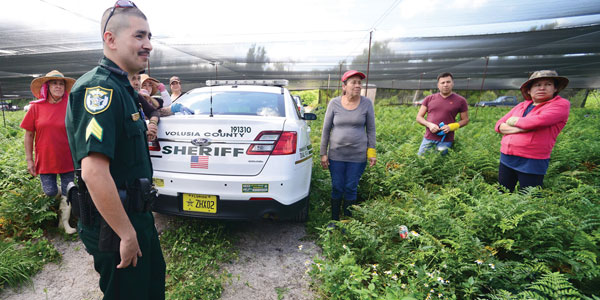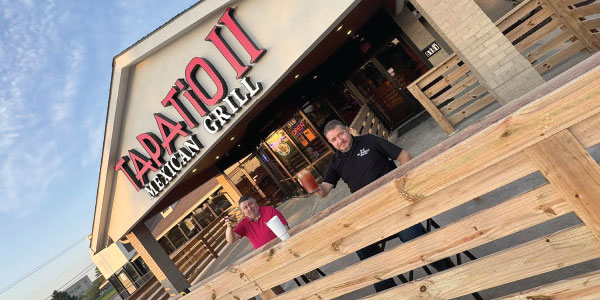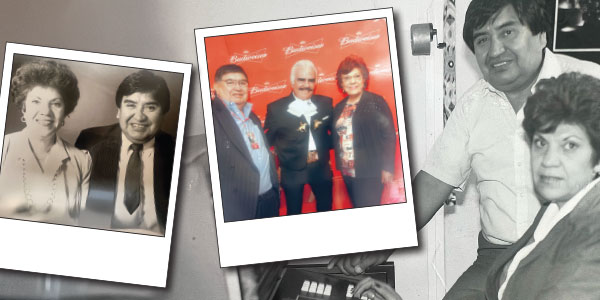
Commentary by Eulogio JP
Recently, while on my way to work, I heard a news story on the radio about an issue immigrants face that I was not aware of: how difficult it is for an immigrant living in rural America to find a good immigration lawyer.
Chad Davis reported the story for St. Louis Public Radio, and it was distributed by Harvest Public Media. While researching the subject, I found plenty of evidence to support Davis’ report. This is, in fact, a serious issue.
Angie Gomez can attest to this. Gomez, the family services coordinator for Su Casa Head Start in Cobden, Illinois, immigrated from Mexico to United States during the 1960s and became a naturalized citizen. As Davis’ story mentioned, she is well-familiar with the difficulties unauthorized immigrants and migrant farmworkers in rural America have experienced when seeking an attorney for assistance to apply for or change their status.
Not only are there few immigration lawyers readily available in rural communities, but also the few lawyers who are available do not speak Spanish. Often, the only option for rurally based immigrants is to travel to larger cities. However, that option comes with two huge drawbacks — it is too costly and it might put the immigrant at risk of deportation.
“People had to go as far as Chicago or St. Louis to find … somebody, some attorney that’s … able to communicate with them – and so, can you imagine how costly that is,” Gomez told Davis.
There is another big challenge rural immigrants face: how to avoid being taken in by a poser. Seizing on the lack of immigration lawyers and the large demand for immigration law services, posers take advantage of rural immigrants by charging large fees for services they are not trained to provide.
One scam that affects immigrants seeking legal services in rural areas is known “notario fraud.” Under this scam, a notary claims to have the same standing and expertise as a lawyer. In the United States, a public notary is by no means a lawyer. A public notary has not received any training in legal matters and has no authority whatsoever to represent an immigrant or anyone in court.
It is time to stop subjecting vulnerable, rurally based immigrants to risky, expensive trips and scams. It is time to address this serious issue.
_____________________________________________________________________________________________
Los inmigrantes son los más vulnerables en la América rural
Recientemente, mientras iba camino al trabajo, escuché una noticia en la radio sobre un problema de inmigración que no conocía: lo difícil que es para un inmigrante que vive en las zonas rurales de Estados Unidos encontrar un buen abogado de inmigración.
Chad Davis informó sobre la historia de St. Louis Public Radio, y fue distribuida por Harvest Public Media. Mientras investigaba el tema, encontré mucha evidencia para apoyar el informe de Davis. Esto es, de hecho, un problema grave.
Angie Gómez puede dar fe de esto. Gómez, la coordinadora de servicios familiares de Su Casa Head Start en Cobden, Illinois, emigró de México a Estados Unidos durante la década de 1960 y es ahora ciudadana. Como la historia de Davis, ella está bien familiarizada con las dificultades que los inmigrantes no autorizados y los trabajadores agrícolas migrantes en las zonas rurales de los Estados Unidos han experimentado al buscar un abogado para que lo ayude a solicitar su estado.
No sólo hay pocos abogados disponibles voluntariamente en las comunidades rurales, sino que también los pocos abogados disponibles no hablan español. A menudo, la única opción para los inmigrantes de base rural es viajar a ciudades más grandes. Sin embargo, esa opción tiene dos grandes inconvenientes: es demasiado costoso y podría poner al inmigrante en riesgo de deportación.
“La gente tuvo que ir hasta Chicago o St. Louis para encontrar … a alguien, a un abogado que … pueda comunicarse con ellos, y así puede imaginarse lo costoso que es”, dijo Gómez a Davis.
Hay otro gran desafío rural para los inmigrantes: cómo evitar ser atrapado por una persona. Aprovechando la falta de abogados de inmigración y la gran demanda de servicios de estos, algunos se aprovechan de los inmigrantes rurales mediante el cobro de tarifas elevadas por servicios para los cuales no están capacitados.
Una estafa que afecta a los inmigrantes que buscan servicios legales en áreas rurales es conocida como “fraude notarial”. Bajo esta estafa, el notario afirma tener el mismo prestigio y experiencia que un abogado. Sin embargo, en los Estados Unidos, un notario público no es un abogado. Un notario público no ha recibido ninguna capacitación en asuntos legales y no tiene autoridad alguna para representar a un inmigrante ni a nadie en el tribunal.
Es hora de dejar de someter a los inmigrantes vulnerables y de base rural a viajes y estafas costosos y riesgosos. Es hora de abordar este grave problema.










